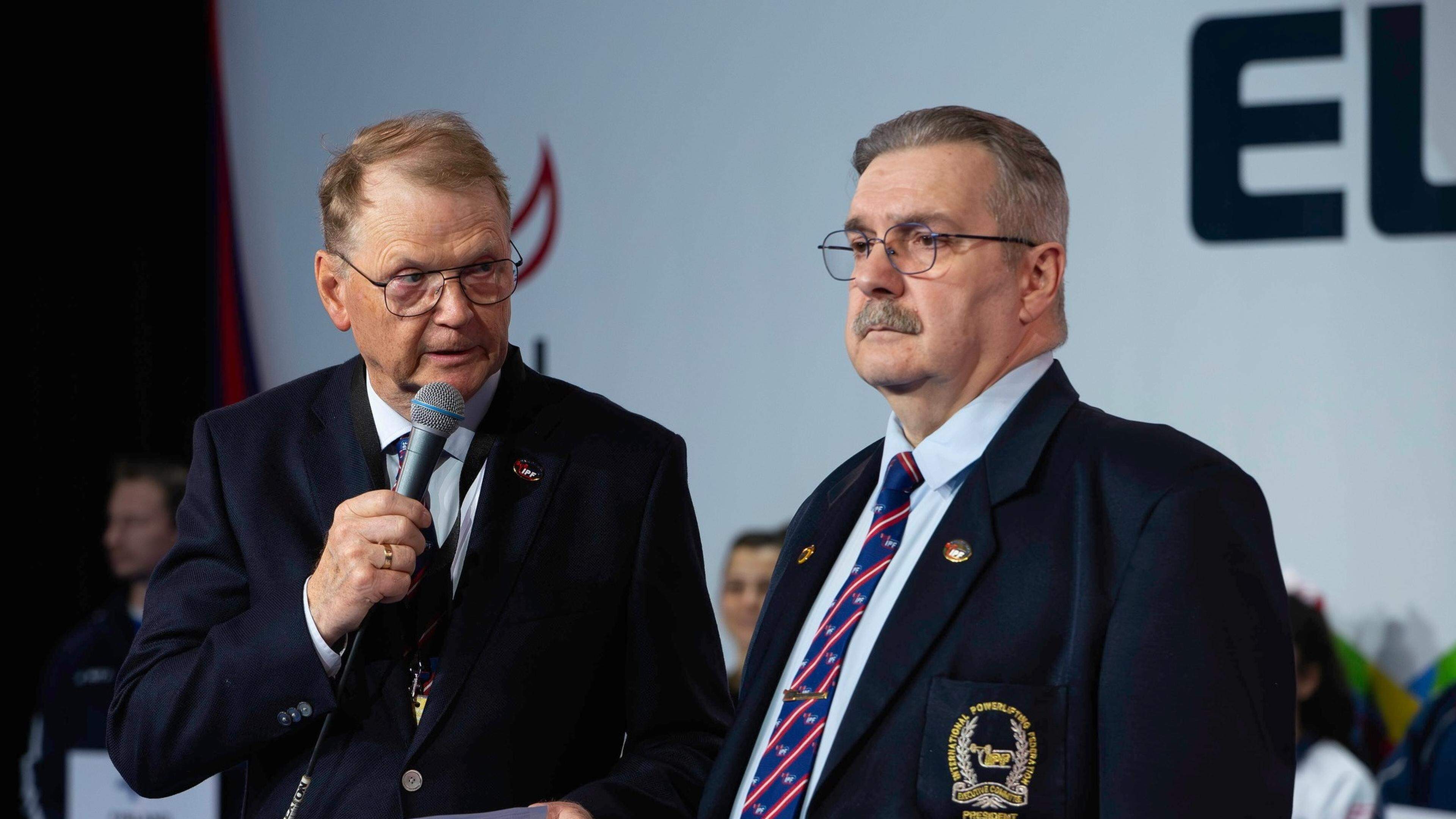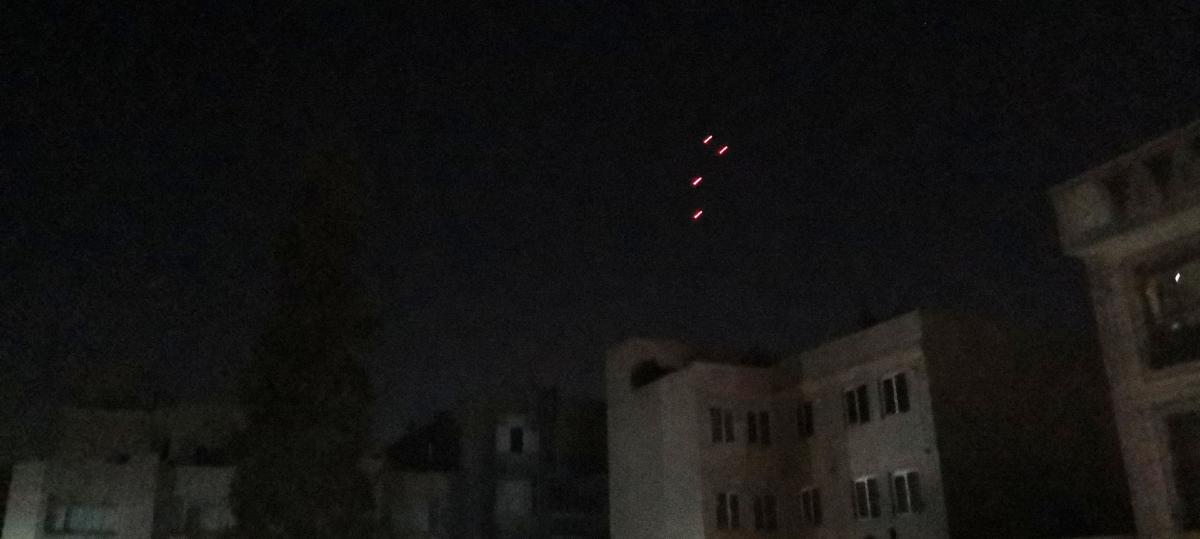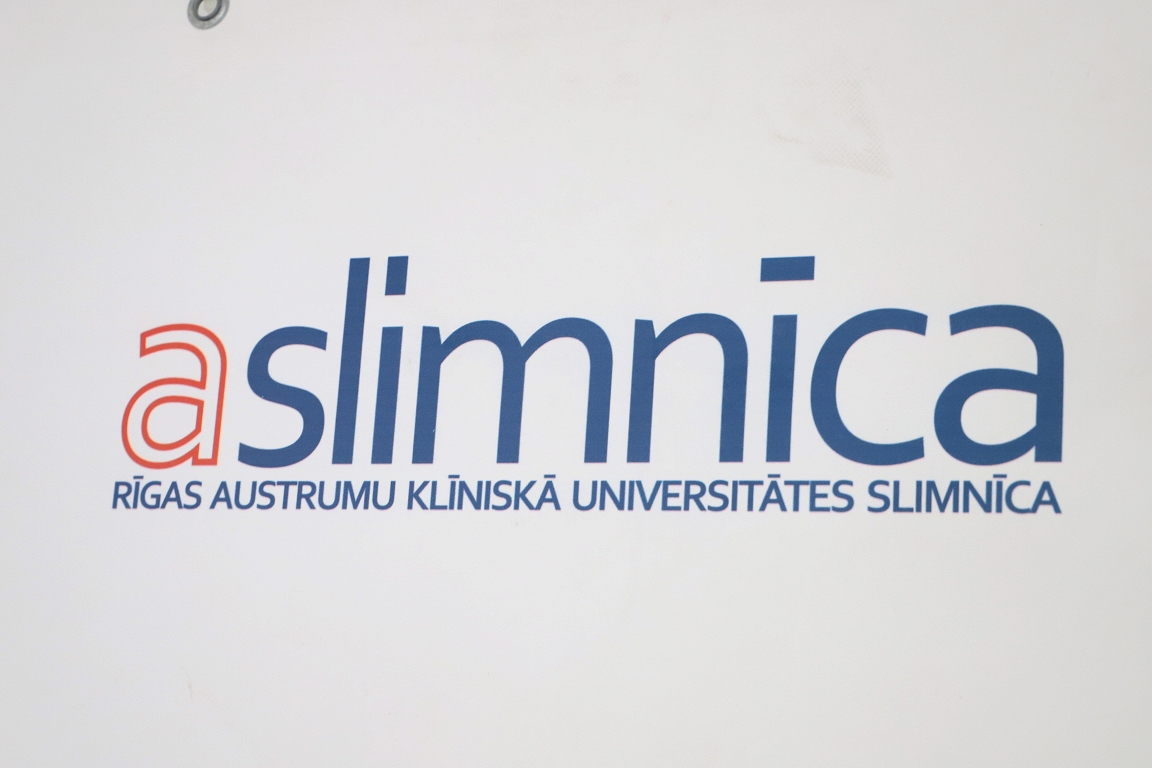Journalists are not PR departments | Luxembourg word

Journalists are increasingly encountering hurdles that not only make their work difficult, but also make it impossible. Long waiting for answers from authorities and ministries, lack of transparency or the simple refusal of providing information are everyday life for many editorial offices.
But more and more is about more: open pressure or targeted intimidation. Recently caused a sensation The exclusion of a journalist from a press conference of the national soccer team – not because of unprofessional behavior, but because the trainer bothered his critical reporting.
Sports Minister Mischo: « An apology must come from the FLF! »
This is a drastic example, but which is also a symptom of a growing problem: by attempted influence, journalists are prevented from exercising their profession. Every editorial team in Luxembourg has probably already had this experience – even increased lately. Some forget that journalists are not puppets.
The lay judge of a municipality in the north announced that a certain journalist of the « Luxemburger Word » no longer announced interviews. Why? Because he hadn’t let himself be talked into the content of an article. What is striking is that more and more communities find it difficult with the idea of not having control over publications and therefore increasingly rely on their own, filtered communication via social media.
Some forget that journalists are not puppets.
Disabilities are increasing even with apparently banal issues, harmless reports or uncritical interviews. For example, it is regularly required that items are presented or even rewritten in advance for approval. You also mix in the photo selection. Some consider this as their right. If this is not met, the publication is fought.
Working conditions for journalists in Luxembourg have worsened
Anyone who is longer at work knows: that was not always the case. At least not in this form.
Where does this loss of trust come from?
What happened? The distrust of the media is growing. Terms such as « lies press » or « fake news » have settled in some heads. Polarization and the dynamics of social media strengthen this development. Many politicians and power bearers feel increasingly uncomfortable with a critical public. You prefer press releases without any questions and interviews without counter questions.
Documents denied: Journalist sues the Ministry of the Interior
But journalists are not PR departments. The times of pleasure journalism should be over. If each publication has to be nodded beforehand, every passage can be rewritten and any statement made in an interview can be revoked, the free press remains on the route.
Media criticism is legitimate, at least to a certain extent. But she must not turn into systematic distrust or try to try total control. Freedom of the press requires criticism – and also to trust that journalists understand their craft. Otherwise only filtered reality remains.







